2022: Resilience in the face of adversity
IFAD Asset Request Portlet
Asset Publisher
2022: Resilience in the face of adversity
Estimated reading time: 4 minutesMany began the year full of hope - COVID was seemingly under control, supply chain issues brought on by the pandemic appeared to be easing, and the world's eyes were set on a more sustainable 2022.
No sooner had we rung in the new year that hopes of a more predictable and peaceful era were dashed, as the world quickly realised the perma-crisis was far from over. But even amidst adversity, there were glimpses of progress. IFAD looks back on some of the themes that defined a year of dramatic change.
War and global crises take hold
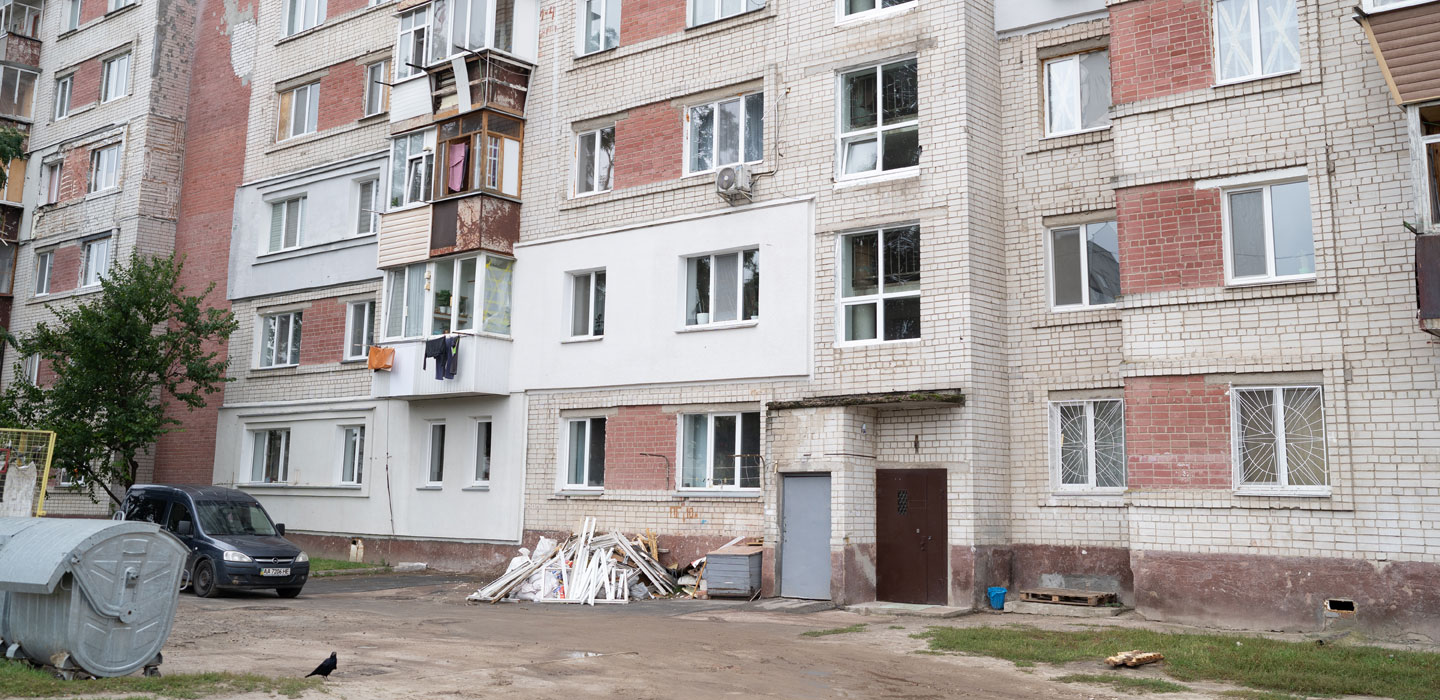
On 24 February, Russia invaded Ukraine. The war’s consequences were far-reaching, especially for the world’s poorest rural communities.
As food and fuel prices shot up, IFAD established the Crisis Response Initiative
(CRI) to give vital support to rural people in the worst-hit regions, including the Horn of Africa, Southern Africa, the Sahel, Central Asia, and North Africa. Since then, the CRI has focused on tailored interventions to prevent hunger and food insecurity, while supporting sustainable food systems.
Climate change continued to wreak havoc on the lives of poor people
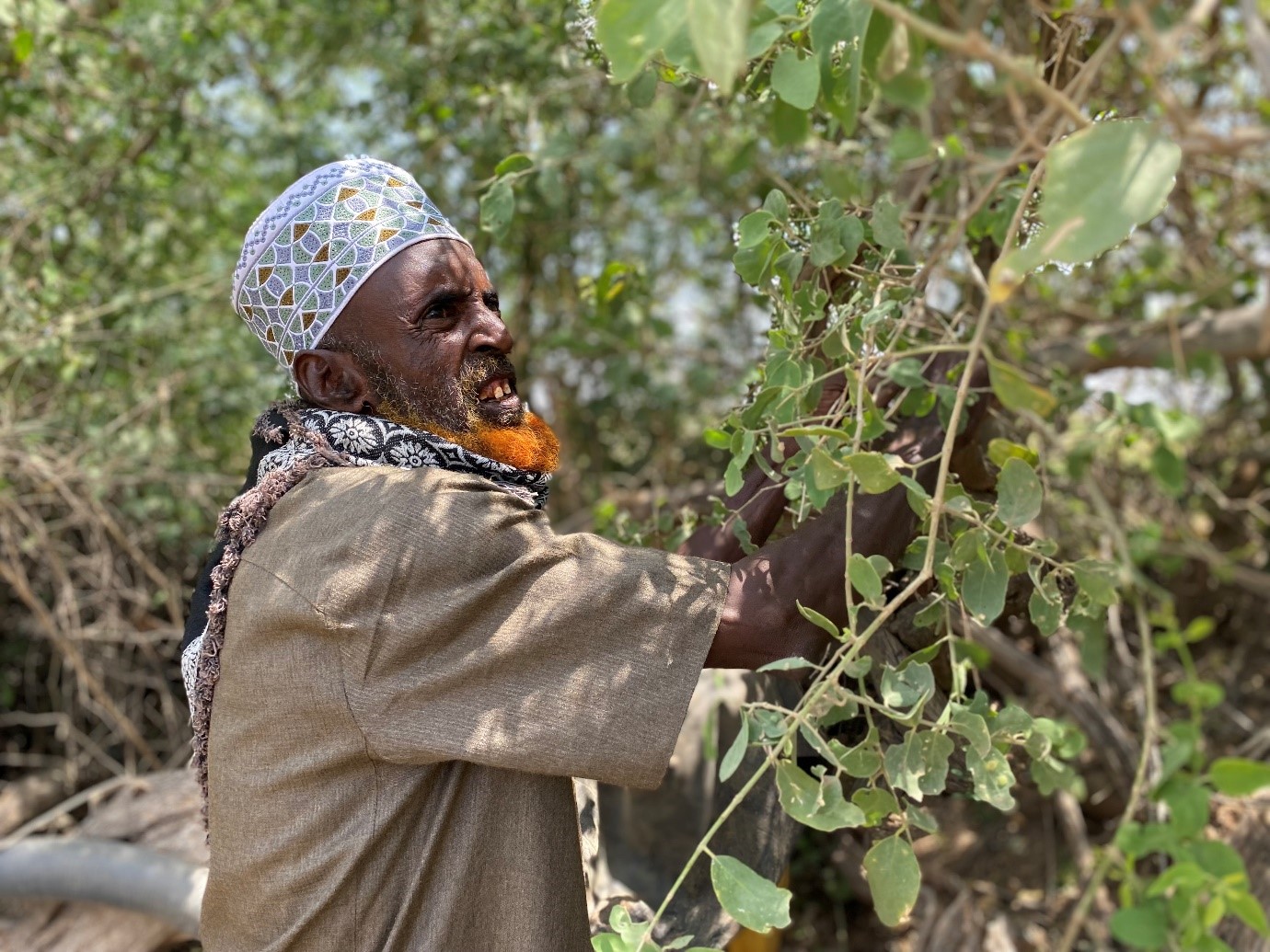
Once again, poor rural people were at the frontlines of climate change. In East Africa, a record-breaking drought impacted food and water security and fuelled migration, natural resource degradation and weak economic performance. Meanwhile, historic floods in Pakistan left a third of the country underwater.
But rural people also showed us the myriad of roles they play in mitigating climate change and environmental degradation, whether it’s using GIS technologies to conserve forests, managing sustainable fisheries, or growing food and nurturing the soil at the same time.
Responding to the Sixth Assessment Report of the Intergovernmental Panel on Climate Change (IPPC), Associate Vice-President and climate expert Jo Puri said “science has again spoken forcefully.” But agriculture needn’t be only a contributor to climate change – it’s also part of the solution.
And at the biggest climate change platform of all, the UN’s COP27 Climate Change Summit in November, IFAD worked to bring small-scale farmers and the challenges they face to the global table and new President, Alvaro Lario, advocated for the big wins needed for a greener future.
More rural women take the lead
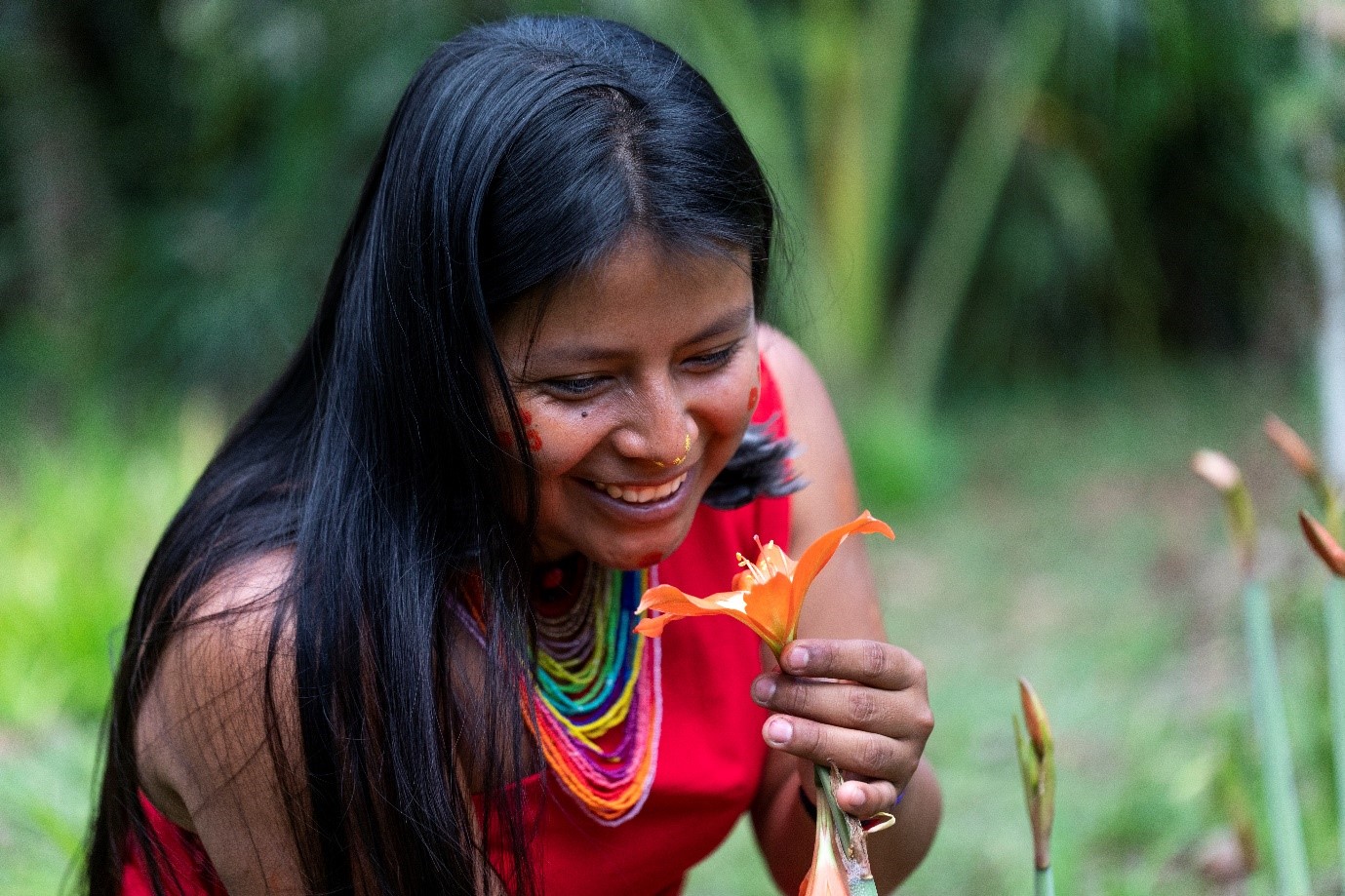
We posed the questions everyone should ask: how are rural women affected by climate change and what can the world learn from them?
The answer was clear. Women in rural communities showed us how they hold the keys to a climate-resilient future. As makers and entrepreneurs, as leaders and protectors, rural women have shaped the future for us all and will continue to do so for generations to come.
Indigenous Peoples and the road to sustainability
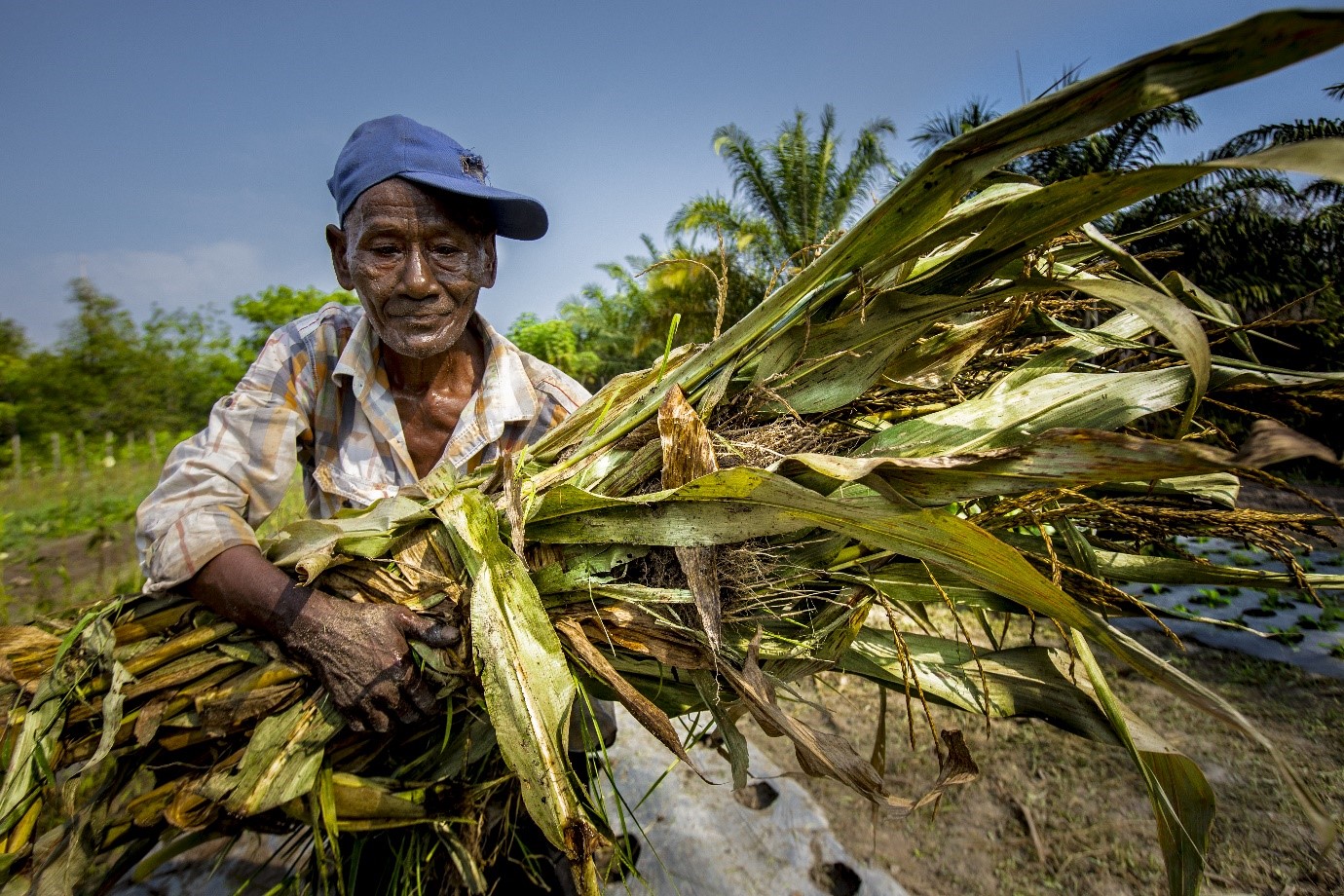
In a year when biodiversity took centre stage, Indigenous Peoples showed us it’s possible to grow food while protecting the earth's many species. We learned their unique words about nature, that also shape how they live their lives.
IFAD respects and celebrates the crucial role that Indigenous Peoples play in building resilient and sustainable societies by amplifying their voices and helping them connect through global platforms like the Indigenous Peoples Forum. In 2022, a new round of IFAD’s Indigenous People’s Facility (IPAF) offered financing to help indigenous-led initiatives drive their own development, while the Indigenous Peoples Awards celebrated projects that successfully engage with Indigenous Peoples or ethnic minorities living in rural areas.
Securing rural futures
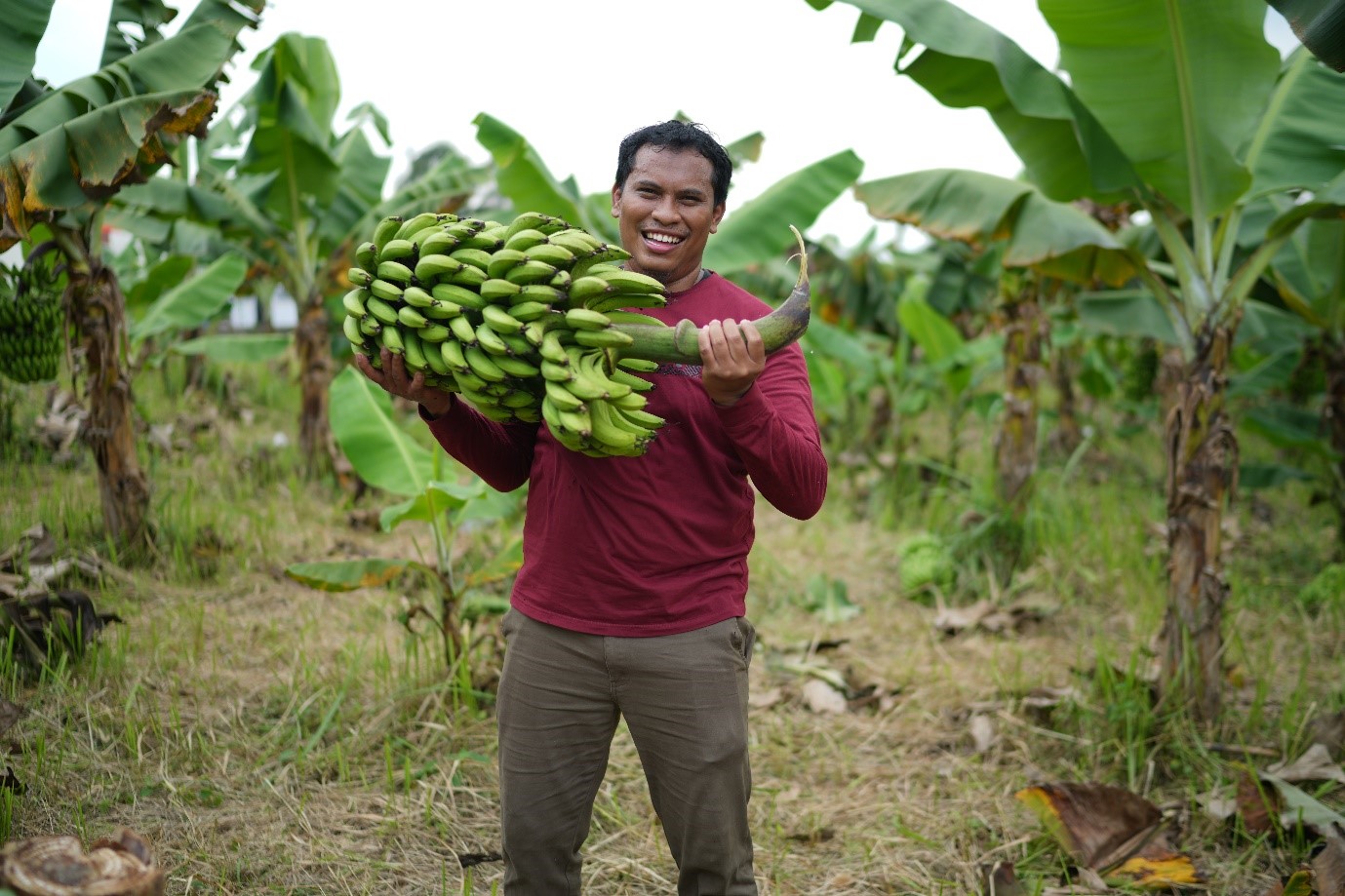
With a new President, Alvaro Lario, at its helm, IFAD re-committed to helping change happen now. At the 77th United Nations General Assembly, Lario set the agenda for rural people, telling world leaders: “We cannot drift from crisis to crisis. It is much less costly to invest in the medium-term. We need to change how we produce food and the whole food finance architecture.”
As the year draws to a close, IFAD will continue to support and celebrate the rural people who are stepping up to build stronger food systems, conserve the planet, lead vibrant rural economies and ensure sustainable futures.
Publication date: 27 December 2022